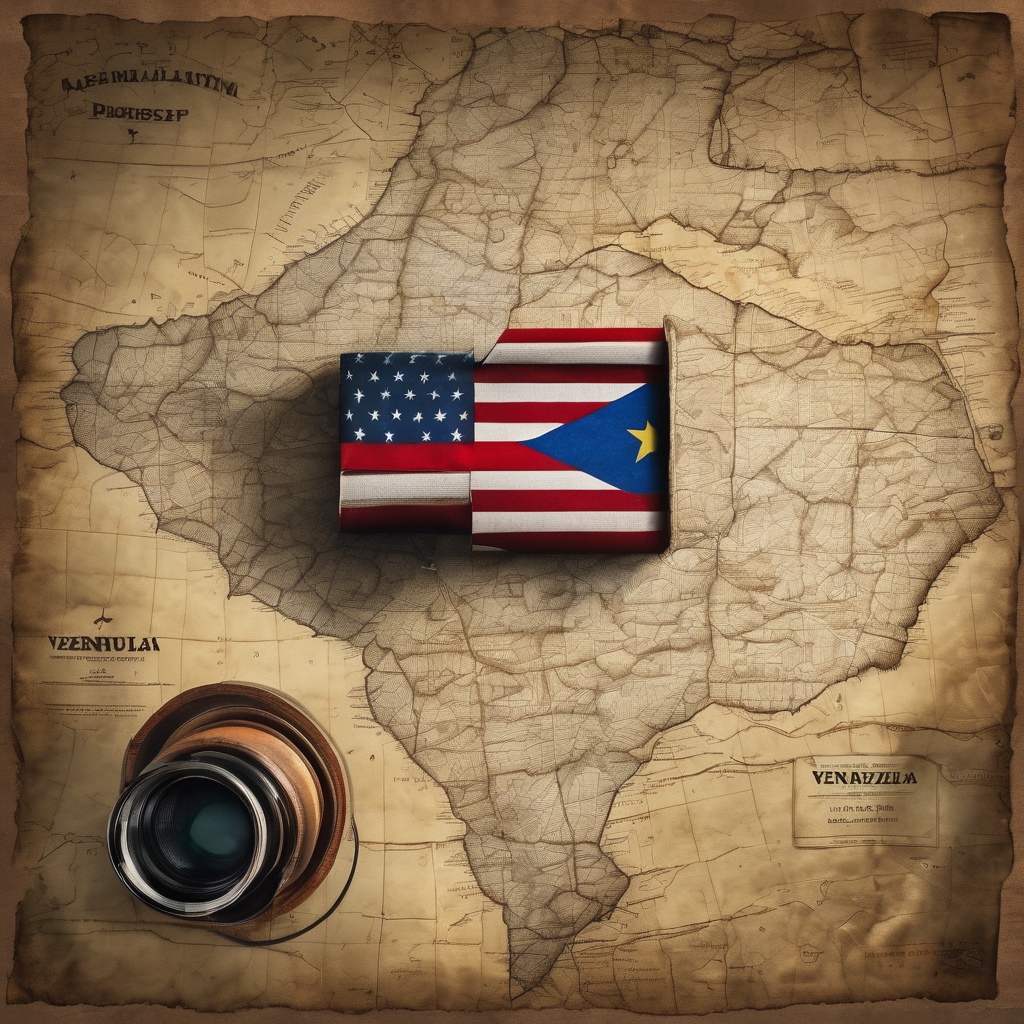Tensions between the United States and Venezuela have escalated as President Donald Trump declared that Venezuelan President Nicolas Maduro should refrain from provocations against the U.S. In a statement on Friday, Trump emphasized that Maduro does not want to “mess” with the United States, amid ongoing military operations targeting alleged drug trafficking linked to the Maduro regime.
Trump’s remarks came after a U.S. military strike in the Caribbean that resulted in the deaths of two individuals aboard a suspected drug vessel. Two survivors were reportedly captured, marking a potential shift in how such operations are conducted, raising questions about their legality and the implications for international law. Trump characterizes these operations as essential in combating what he terms the “narcoterrorist” threat from Venezuela.
During a joint press appearance with Ukrainian President Volodymyr Zelenskiy at the White House, Trump responded to a question about reports indicating that Maduro had offered significant concessions, including the country’s natural resources, to negotiate with the United States. Describing the situation, Trump highlighted that Maduro’s willingness to negotiate stems from his desire to avoid conflict with the U.S.
The context of these military actions is a significant buildup of U.S. forces in the Caribbean, including guided missile destroyers, fighter jets, and approximately 6,500 troops. Reports suggest that U.S. military interventions stem from longstanding frustrations with Maduro’s administration, including allegations of drug smuggling and attempts to violate international law, which Maduro fiercely denies.
While the U.S. pushes forward with military operations, the Venezuelan government has rejected recent media reports suggesting high-level negotiations aimed at Maduro’s removal. Notably, Venezuelan Vice President Delcy Rodriguez shared a photo with Maduro on social media, dismissing claims that he is losing support from the military.
Compounding the situation, Trump recently authorized the CIA to conduct covert operations within Venezuela, raising eyebrows and fueling concerns over U.S. intentions. In the broader context of U.S.-Venezuela relations, Maduro has characterized U.S. military actions as violations of the nation’s sovereignty.
As the geopolitical landscape continues to shift, observers and advocates alike express a cautious hope that engagement and dialogue may eventually pave the way toward resolving tensions and prioritizing humanitarian needs in Venezuela, even amid ongoing military operations. The persistent focus on high-level discussions demonstrates the international community’s commitment to addressing the challenges posed by both drug trafficking and regional instability.
